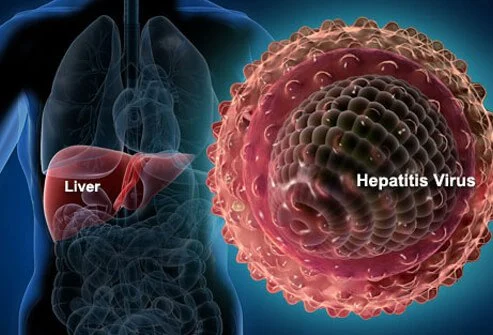
Outbreak at a glance
The World Health Organisation (WHO) has raised the alarm over the increased incidence of severe acute hepatitis of unknown aetiology in children.
As of July 8, 2022, 35 countries in five WHO regions reported 1010 probable cases, fulfilling the WHO case definition, including 22 deaths.
Since the previous Disease Outbreak News published on June 24, 2022, 90 new probable cases and four additional deaths have been reported to WHO. Additionally, two new countries – Luxembourg and Costa Rica – have reported probable cases.
WHO has launched a global survey to estimate the incidence of severe acute hepatitis of unknown aetiology in 2022 compared to the previous five years, to understand where cases and liver transplants are occurring at higher-than-expected rates.
This Disease Outbreak News provides updates on the epidemiology of the outbreak, as well as updates on the response to this event, including the launch of the clinical case report form on the WHO Global Clinical Platform and updates on infection prevention and control (IPC) and risk communication and community engagement (RCCE).
Between April 5 (when the outbreak was initially detected) and July 8, 2022, 35 these 1010 probable cases and 22 deaths included new and retrospectively identified cases since 1 October 2021, which fit the WHO case definition as stated below. Three additional countries have reported cases which are pending classification and are not included in the cumulative probable case count. Of the probable cases, 46 (5 per cent) children have required transplants and 22 (2 per cent) deaths have been reported to WHO.
Almost half (48 per cent) of the probable cases have been reported from the WHO European region (21 countries reporting 484 cases), including 272 cases (27 per cent of global cases) from the United Kingdom of Great Britain and Northern Ireland (the UK). The second highest number of probable cases have been reported from the region of the Americas (n=435, including 334 cases (33 per cent of global cases) from the United States of America), followed by the Western Pacific region (n=70), the South-East Asia region (n=19) and Eastern Mediterranean region (n=2). Seventeen countries are reporting more than five probable cases. The actual number of cases may be underestimated, in part due to the limited enhanced surveillance systems in place. The case count is expected to change as more information and verified data become available.

